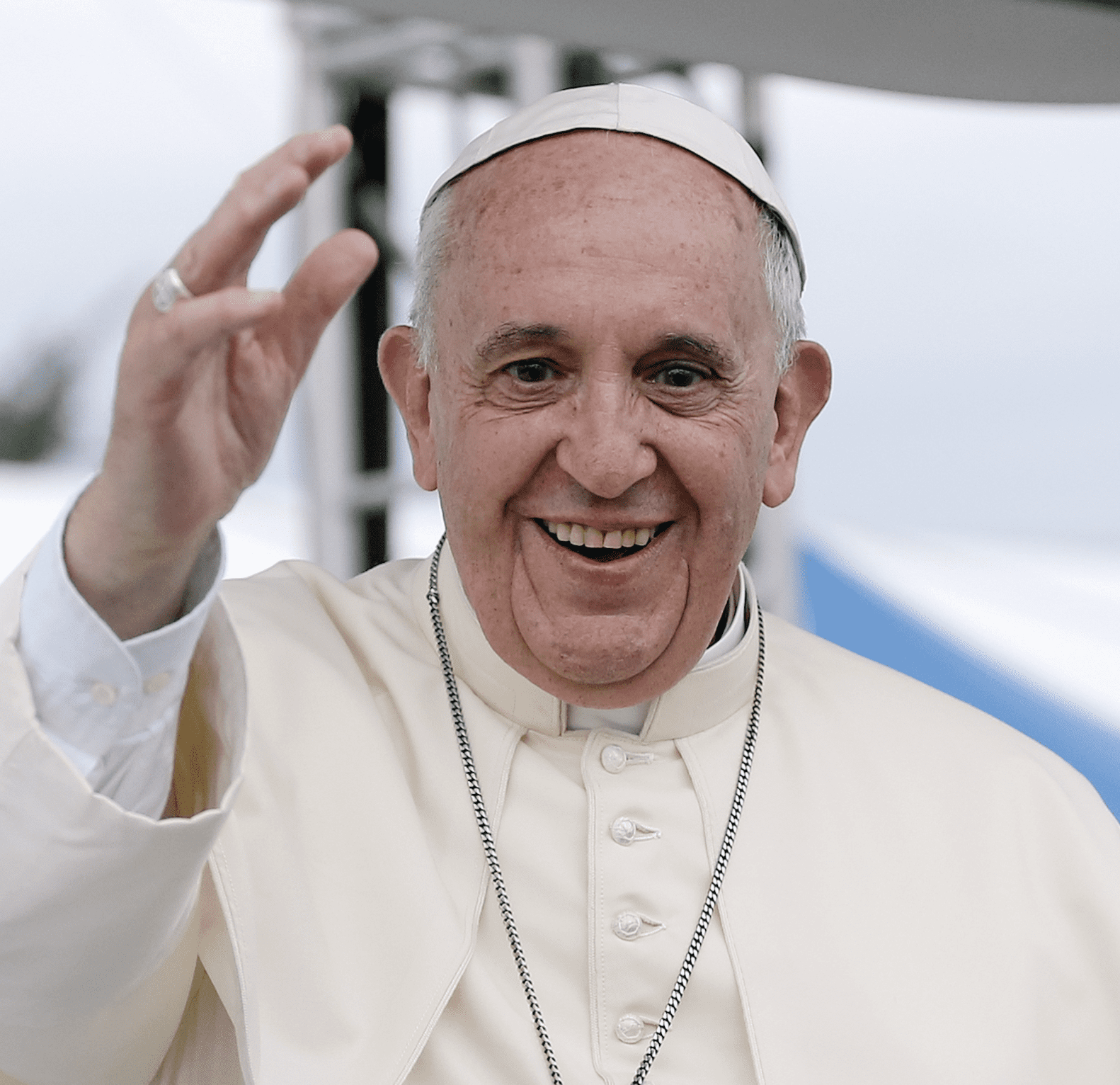Remembering Pope Francis: A Pontiff Who Reshaped the Modern Catholic Church
BY: GOOD.

1936 – 2025
A shepherd of humility, compassion, and faith.
With the passing of Pope Francis, the world marks the end of a significant chapter in the history of the Catholic Church. As the first pope from the Americas, and the first Jesuit to hold the papacy, his leadership brought a distinct emphasis on humility, social justice, and reform – qualities that defined his tenure from the moment of his election in 2013.
A Global Papacy
Born Jorge Mario Bergoglio in Buenos Aires, Argentina, Pope Francis was elected the 266th pope following the resignation of Pope Benedict XVI – an event unprecedented in modern times. His selection marked a historic shift for the Vatican, reflecting both the growing influence of the Global South and a broader desire for pastoral, rather than purely doctrinal, leadership.
Pope Francis was widely regarded as a figure who sought to make the Church more accessible, particularly to those on the margins of society. He regularly spoke out on issues including poverty, climate change, economic inequality, and migration – topics often considered political, but which he framed in moral and theological terms.
Leadership Through Simplicity
One of the hallmarks of Francis’s papacy was his personal style. He declined many of the traditional trappings of office, choosing simpler vestments, modest transportation, and more direct engagement with the public. His decision to live in a guesthouse rather than the Apostolic Palace was widely seen as a symbol of his commitment to a less hierarchical Church.
Francis also worked to shift the tone of the Church’s messaging, urging clergy and laity alike to focus less on rigid rule enforcement and more on compassion and inclusion. This approach earned him both praise and criticism within Catholic circles.
A Focus on Reform and Dialogue
Throughout his tenure, Pope Francis pushed for reform – both in the Roman Curia and in the wider Church. His efforts to increase transparency in Vatican finances, address the global clerical abuse crisis, and improve accountability were ambitious, though met with mixed results.
He also prioritised interfaith and ecumenical dialogue, strengthening relationships with leaders of other Christian denominations, as well as with Jewish and Muslim communities. His visits to countries such as Iraq, the UAE, and Sudan reflected a strong commitment to peace-building in fragile regions.
A Mixed Legacy
Pope Francis leaves behind a legacy that is both influential and, at times, controversial. Supporters credit him with bringing warmth and humanity to the papacy, and for re-centering the Church’s mission around service and mercy. Critics argue that his attempts at reform did not go far enough, or that his openness on certain issues blurred doctrinal clarity.
Nonetheless, few would dispute that he reshaped the global perception of the papacy. His focus on moral urgency, particularly around environmental and humanitarian concerns, brought renewed attention to the Church’s voice in global affairs.
Final Reflections
As the Catholic Church prepares for its next chapter, the impact of Pope Francis will remain significant. His leadership represented a clear shift toward a more pastoral, globally engaged Church – one that sought to respond to the realities of the modern world without losing sight of its spiritual foundations.
The Catholic Church now enters 9 days of official mourning, allowing pilgrims and world leaders to travel to Vatican City for the Funeral. The conclave that follows as the Cardinals meet to appoint the next Pope will inevitably face questions of continuity and change. But what is clear is that Francis’s papacy has left an indelible mark – not only on the institution of the Church, but on the millions of people who encountered his message of mercy, simplicity, and inclusion.
Featured Images: Pope Francis portrait Korea.net / Korean Culture and Information Service. Banner image: Photo by Maximilian K: Pexels
